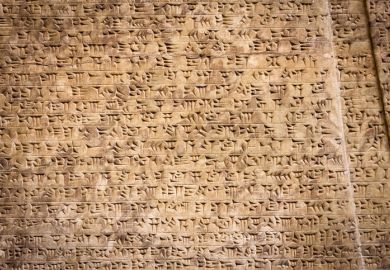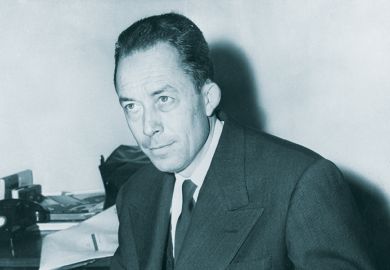Editors: Arthur Aughey and Christine Berberich
Edition: First
Publisher: Manchester University Press
Pages: 256
Price: £60.00 and £14.99
ISBN: 9780719079603 and 9610
A recent essay on the poetry of U.A. Fanthorpe led me to explore the growing critical literature on Englishness, and These Englands is a welcome addition to this field. This genuinely cross-disciplinary collection contains essays by scholars of politics, literature, sociology and social psychology. If politics essays are numerically dominant, this should not deter readers from other disciplines. The book is prefaced by Krishan Kumar, whose book The Making of English National Identity (2003) has been influential. Arthur Aughey and Christine Berberich then provide a useful introduction, promoting “Englishness as conversation” and offering a valuable overview of significant political, literary and cultural writings on England and the English.
Part One, “Englishness in discourse and opinion”, opens with Susan Condor’s exploration of English national self-identification via the methodology of research interviews, with interviewee confusion about self-defining as English or British much in evidence. John Curtice discusses English identity in the light of the devolved Scottish and Welsh parliaments. Paul Thomas considers the meaning of Englishness for non-white people and asks whether it is possible to pursue more inclusive non-racial understandings of Englishness. Identifying as “British” has, for many from ethnic minorities, been the national affiliation of choice, raising the question of the extent to which “being English” is equated with “being white”. Christopher Bryant engages with what he calls “utopian realism” to consider contemporary England and its future via theories of cosmopolitanism.
Part Two focuses on “Englishness in politics and institutions”. Stephen Ingle charts the link between the Conservatives and Englishness from Edmund Burke to David Cameron, while Matthew Beech considers Englishness and the Left. Simon Lee’s argument is that Gordon Brown’s tenure as chancellor and prime minister concentrated on the modernisation of Britain to the negation of England as a political community. Philip Norton discusses the Englishness of the Westminster parliament and Colin Copus considers Englishness and local government.
Whatever Englishness is or will become, it is linked to how Englishness has been envisaged in the past, and Part Three, “Englishness in history and imagination”, makes this clear. Julia Stapleton cites Kumar’s suggestion that England’s key nationalist “moment” took place c.1880-1920, consolidated imaginatively through various cultural constructions, and she then discusses the writings of Arthur Mee and G.K. Chesterton. Gary Day’s focus is on three recent novels (Julian Barnes’ England, England, Monica Ali’s Brick Lane and Philip Hensher’s The Northern Clemency), and how they register the increasing effect of free-market values on what Englishness means. There is a “melancholic Englishness”, in Paul Thomas’ phrase, that pervades many 20th-century literary representations of England, and Patrick Parrinder ranges from Donald Davie to Philip Larkin to Grace Nichols to consider an elegiac post-1945 England in decline.
This is an interesting and up-to-date volume, and the extensive bibliography also deserves a mention.
Who is it for? Students and scholars of literature, politics, history and sociology who are interested in questions of nationhood and Englishness.
Presentation: Clearly organised into coherent parts.
Would you recommend it? Yes. It is a valuable addition to political and cultural discussions of Englishness.
Highly recommended
Contemporary Poetry
Author: Nerys Williams
Edition: First
Publisher: Edinburgh University Press
Pages: 288
Price: £65.00 and £18.99
ISBN: 9780748638840 and 8857
The Cambridge Companion to Twentieth-Century British and Irish Women’s Poetry
Editor: Jane Dowson
Edition: First
Publisher: Cambridge University Press
Pages: 240
Price: £50.00 and £17.99
ISBN: 9780521197854 and 120210
The Cambridge Companion to Creative Writing
Editors: David Morley and Philip Neilsen
Edition: First
Publisher: Cambridge University Press
Pages: 248
Price: £50.00 and £17.99
ISBN: 9780521768498 and 145367
Register to continue
Why register?
- Registration is free and only takes a moment
- Once registered, you can read 3 articles a month
- Sign up for our newsletter
Subscribe
Or subscribe for unlimited access to:
- Unlimited access to news, views, insights & reviews
- Digital editions
- Digital access to THE’s university and college rankings analysis
Already registered or a current subscriber? Login



